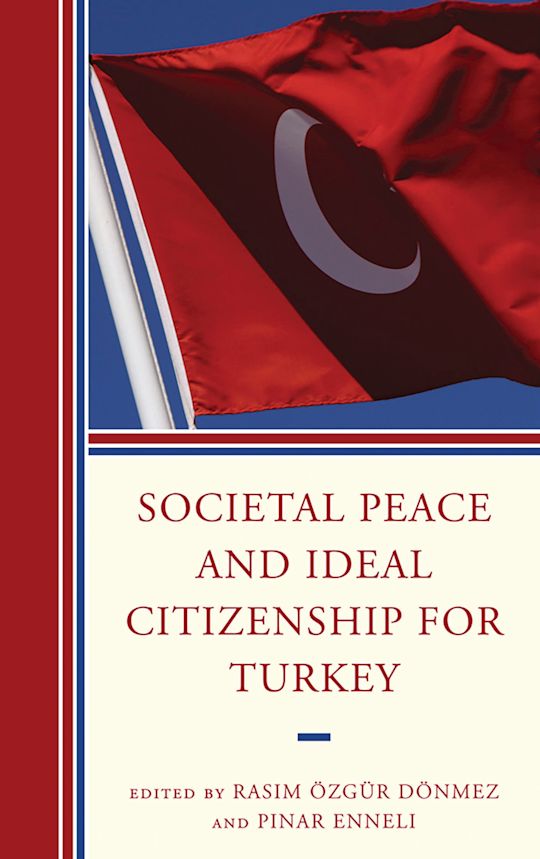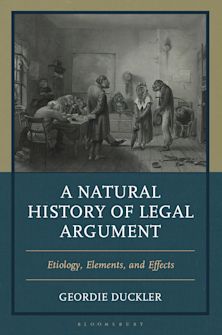- Home
- ACADEMIC
- Sociology
- Sociology - Other
- Societal Peace and Ideal Citizenship for Turkey
Societal Peace and Ideal Citizenship for Turkey
Pinar Enneli (Author) , Rasim Özgür Dönmez (Author) , Canan Aslan Akman (Contributor) , Elçin Aktoprak (Contributor) , Maya Arakon (Contributor) , Hakan Ataman (Contributor) , Esma Durugönül (Contributor) , Rasim Özgür Dönmez (Contributor) , Bahar Turhan Hurmi (Contributor) , M Kemal Öke (Contributor) , Fazilet Ahu Özmen (Contributor) , Bülent Temel (Contributor) , Senem Kurt Topuz (Contributor) , Feryal Turan (Contributor) , Fatma Tütüncü (Contributor)
Societal Peace and Ideal Citizenship for Turkey
Pinar Enneli (Author) , Rasim Özgür Dönmez (Author) , Canan Aslan Akman (Contributor) , Elçin Aktoprak (Contributor) , Maya Arakon (Contributor) , Hakan Ataman (Contributor) , Esma Durugönül (Contributor) , Rasim Özgür Dönmez (Contributor) , Bahar Turhan Hurmi (Contributor) , M Kemal Öke (Contributor) , Fazilet Ahu Özmen (Contributor) , Bülent Temel (Contributor) , Senem Kurt Topuz (Contributor) , Feryal Turan (Contributor) , Fatma Tütüncü (Contributor)
You must sign in to add this item to your wishlist. Please sign in or create an account
Description
Globalisation and neo-liberalism have been impacting the nation-state and leading the full citizenship concept into crisis, not only in Turkey but also in the world. While one reason for this crisis is the decline of the welfare state, another reason stems from the fluidity of borders that distorts the classical patterns of the nation-state such as meta-identity.
The existing Turkish citizenship inherited a strong state idea with passive citizenship tradition from the Ottoman Empire. However, this understanding is no longer sustainable for Turkish society. The definition of citizenship through state-led nationalism, secularism, and a free market economy creates societal crises in politics and society.
The aim of this book is to find out the answer of what should be the ideal citizenship regime for Turkey. Various scholars dealing with Turkish socio-politics analyze different aspects and problems of Turkish citizenship regime that should be tackled for finding a recipe for ideal citizenship in Turkey.
Table of Contents
Chapter 2. Citizenship and National Identity: A Comparative Analysis
Chapter 3. Making of Modern Turkey and The Structuring of The Kurdish Identity: New Paradigms of Citizenship in The 21st Century
Chapter 4. The Alevi Identity and Civil Rights in the 20th Century
Chapter 5. Gypsies and Citizenship in Turkey
Chapter 6. Less than Citizens: Lesbian, Gay, Bisexual and Transgender Question in Turkey
Chapter 7. Turks of African Origin and Citizenship
Chapter 8. Gender and Citizenship in Turkey at the Crossroads of The Patriarchal State, Women and Transnational Pressures
Chapter 9. European Union and Turkey: Transformation of State-Society Relationship
Chapter 10. Social Rights as Ideal Citizenship
Chapter 11. The Turkish Young People as Active Citizens: Equal Participation or Social Exclusion?
Chapter 12. Environmental Citizenship and Struggle for Nature
Product details
| Published | Aug 16 2011 |
|---|---|
| Format | Ebook (Epub & Mobi) |
| Edition | 1st |
| Extent | 326 |
| ISBN | 9780739149225 |
| Imprint | Lexington Books |
| Publisher | Bloomsbury Publishing |
About the contributors
Reviews
-
This book brings together various analyses that portray how various social movements are changing the citizenship regime in Turkey. This is a change that is transforming the state-society relations that are critical in the achievement of societal peace. The analyses included in this book describe how the issues pertaining to Kurds, Alevis, Romanis, women, LGBT groups, economically poor people, the youth, environmentally conscious, and Afro-Turkish community are bringing about denationalization of citizenship in the Turkish context. While the existing analyses focus on how the European Union accession processes have been triggering such a transformation, this book is distinguished by virtue of shedding light onto the transformative impact of such social movements.
Ayse Kadioglu, Sabanci University, Istanbul
-
This book is long overdue. Well-crafted and timely, it will appeal to those scholars, experts, and students who want to know more about the transformation of the Turkish social landscape. Rather than focus on the conflict between Islamists and secularists, Dönmez and Enneli challenge us to consider diverse societal forces and identity-based social movements. The result is a deeper and richer understanding of the societal landscape of Turkey. There are two main features of the current normative conflict in Turkey: disputes over different lifestyles and the search for legitimacy, and the deepening clash of values between the political elite and the masses. The book not only provides a new interpretation of the origins of the current normative conflict, but offers new ways of addressing these conflicts.
M. Hakan Yavuz, University of Utah



































